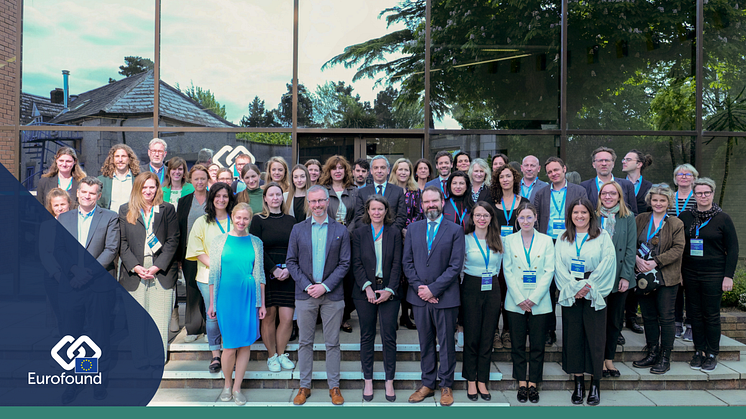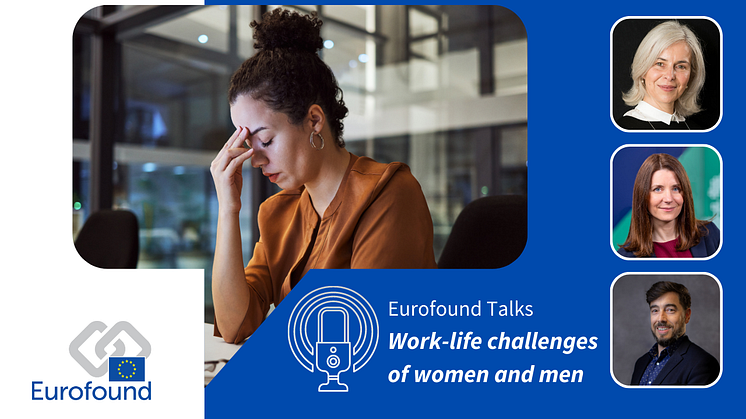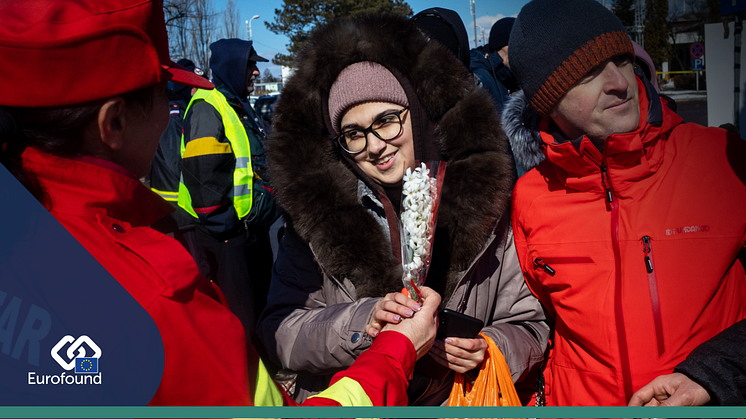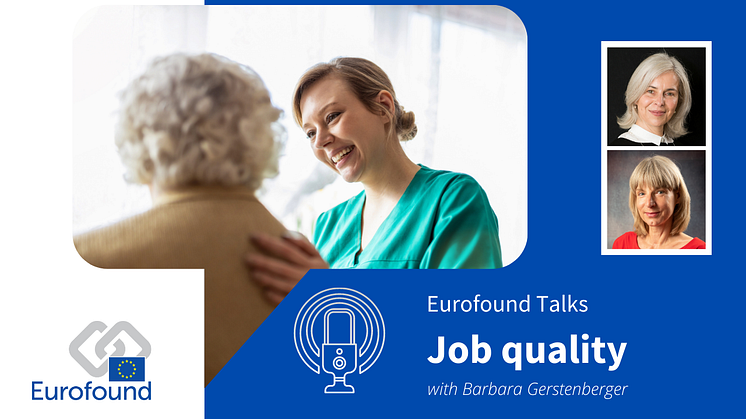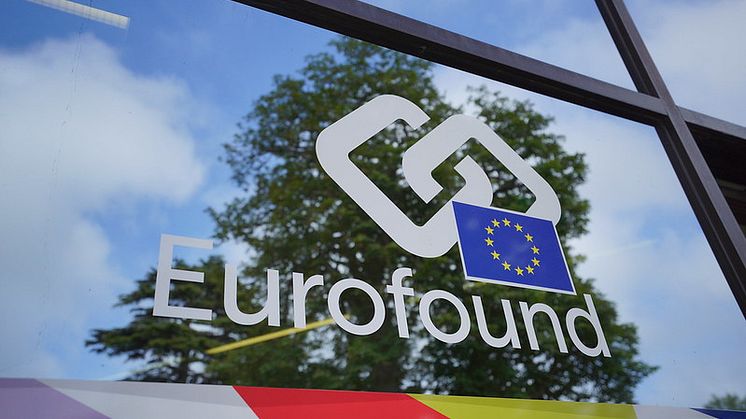First in-person meeting of National Child Guarantee Coordinators
National Child Guarantee Coordinators met at Eurofound in Dublin yesterday, the first in-person meeting to be held in a Member State. Together, National Child Guarantee Coordinators reviewed progress made in reducing child poverty and improving access to services across Europe, as well as sharing practical experiences of sectoral reform.
